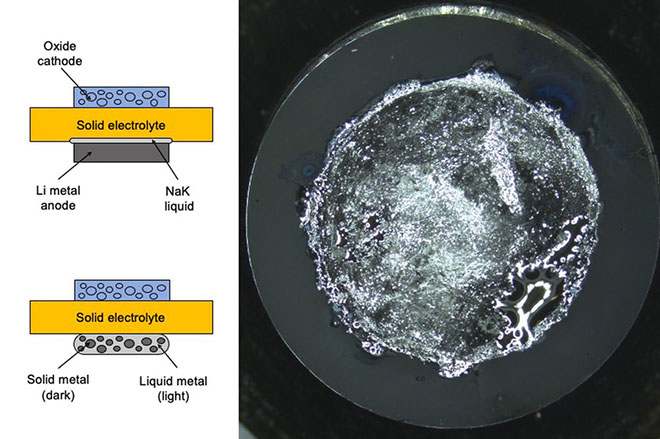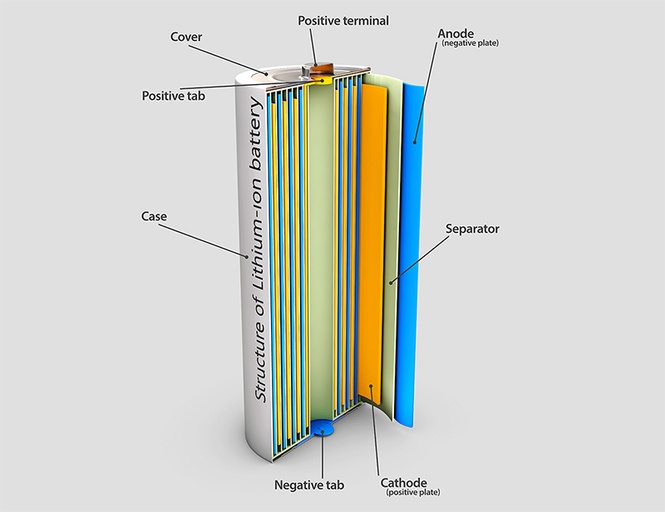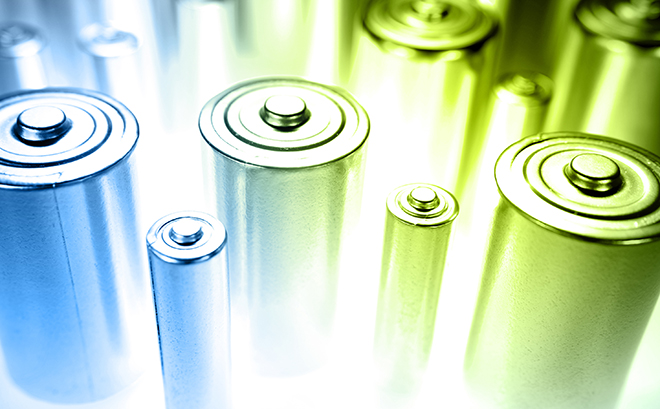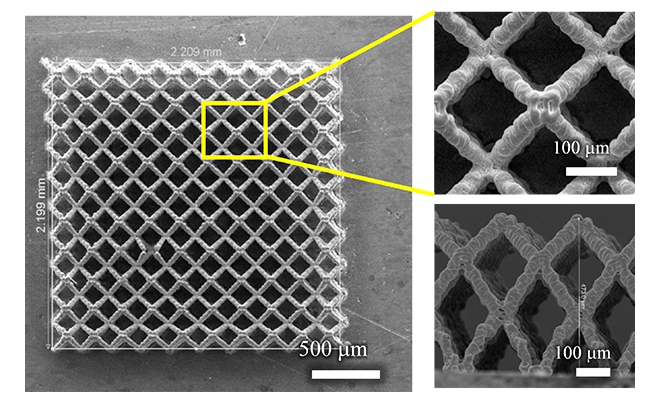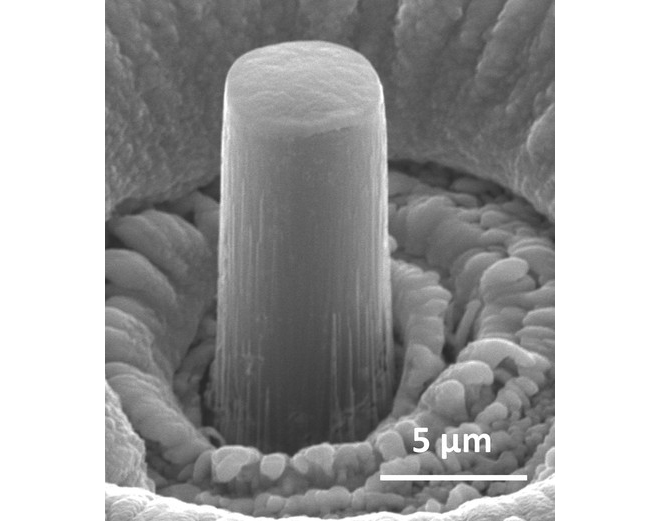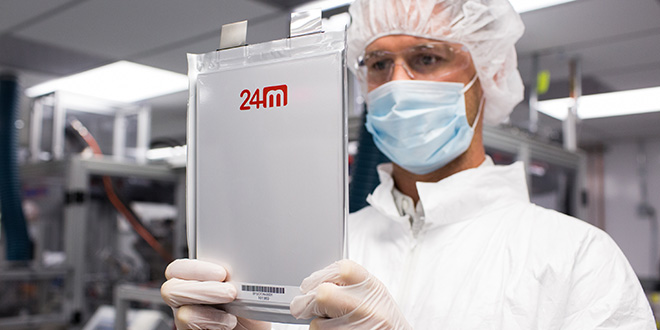A team of researchers from Titan Advanced Energy Solutions and Carnegie Mellon University have studied a method for identifying and preventing thermal runaway in lithium-ion batteries and described some of its benefits. The research examined Titan Advanced Energy Solution’s ultrasound-based thermal runaway early warning technology. “Titan’s work is centered on developing an ultrasound-based early warning… Read more »
Search Results Found For: ""Carnegie Mellon University""
Slow fleet turnover means ICE vehicles could be on the roads for decades
Sales of EVs are growing—in some ahead-of-the-curve markets, plug-ins are outselling internal-combustion vehicles—and countries and regions around the world are announcing deadlines to phase out fossil-burners. However, as a recent New York Times article points out, it could take years, if not decades, before electrification leads to substantial reductions in emissions. The problem, ironically, is… Read more »
MIT researchers use semisolid electrode to prevent short circuits in lithium metal batteries
Researchers may have found ways to prevent dendrite formation in solid-state batteries. Their findings are described in the journal Nature Energy, in a paper by MIT graduate student Richard Park, MIT Professor Yet-Ming Chiang and researchers at MIT and other institutions. Chiang explained, “The only way you can reach the energy densities that are interesting… Read more »
MIT study details plunge in lithium-ion battery costs
MIT researchers analyzed three decades of studies that examined the decline in lithium-ion battery prices, and found that costs have dropped by 97 percent since they were first commercially introduced in 1991. This rate of improvement is much faster than many analysts had claimed, and is comparable to that of photovoltaic panels, which some had… Read more »
Evaluating the effects of automation on range and battery life
A team of researchers at Carnegie Mellon University (CMU) used a vehicle dynamics model to evaluate the effects of automated driving on EV range and battery longevity. They compared autonomous vehicles (SAE levels 4 and 5) with human-driven EVs by calculating the additional energy required to power the automated driving components, as well as the… Read more »
Carnegie Mellon researchers develop semi-liquid lithium metal anode to pair with solid ceramic electrolytes
Researchers from Carnegie Mellon University have developed a semi-liquid lithium metal-based anode that could lead to higher capacity and better safety than typical lithium metal-based batteries that use lithium foil as anodes. The research team published their findings in the June 2019 issue of Joule. “Incorporating a mewtallic lithium anode into lithium-ion batteries has the… Read more »
Zunum’s plug-in hybrid plane will use a turbine from Safran Helicopter Engines
Washington-based Zunum Aero is developing a plug-in hybrid aircraft, which it believes will revolutionize the regional short-haul air travel market. Now Zunum (profiled in the July/August 2017 issue of Charged) has announced that its ZA10 aircraft, which it plans to launch in the early 2020s, will use a turboshaft from Safran Helicopter Engines. Safran’s new… Read more »
Carnegie Mellon creates new method to 3D print battery electrodes
Porous electrodes have been 3D printed in the past using extrusion processes in which a strand of material is extruded from a heated nozzle. Interdigitated, or clasped, structures created with this technique provide space for ion flow, but their limited geometries are quite inefficient. Carnegie Mellon University’s new research has developed a completely different additive process… Read more »
Nanoscale measurement of lithium metal could lead to suppressing dendrite formation
Lithium metal, which can store more energy than carbon, would seem to be an ideal anode material, except for one serious flaw: dendrites, tiny needle-like branching structures that can grow through the battery, eventually causing a short circuit. Now, a joint team of researchers from Caltech and Carnegie Mellon University has measured the strength of… Read more »
ARPA-E awards $3.5 million to develop ultra-high-energy density batteries
The DOE’s Advanced Research Projects Agency-Energy (ARPA-E) has awarded $3.5 million in funding to a team that includes 24M, Sepion Technologies, Berkeley Lab, and Carnegie Mellon University. The funds will be used to develop novel membranes and lithium-metal anodes for a new generation of high-energy-density batteries. 24M’s core technology is semi-solid lithium-ion, a new class… Read more »









